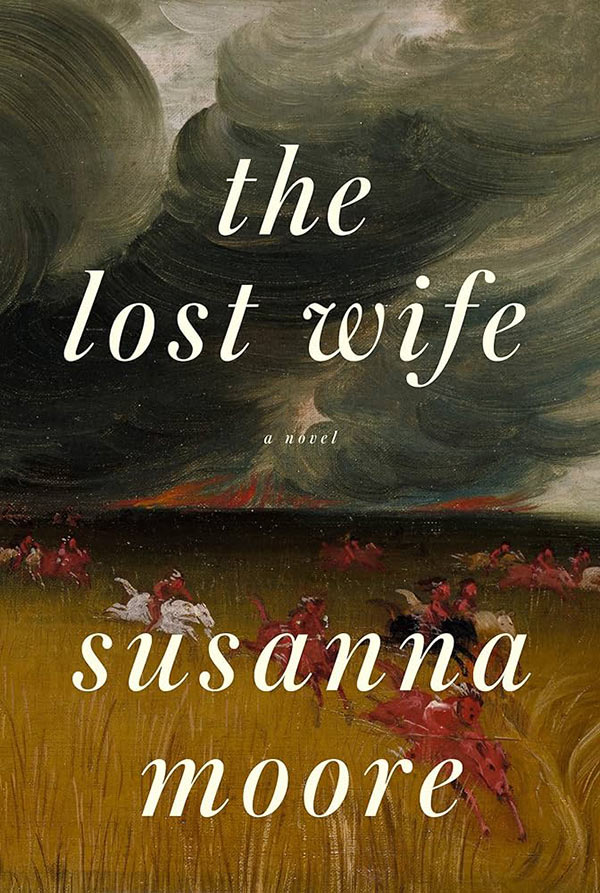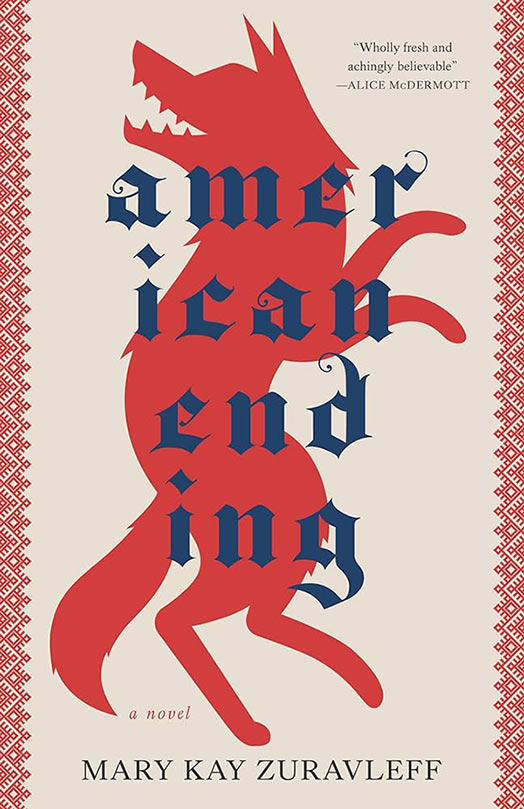The winner of the 2023 David J. Langum, Sr. Prize in American Historical Fiction is Susanna Moore, The Lost Wife


Susanna Moore’s new novel explores a lesser known incident of American history. Forced to the breaking point by undelivered rations and shrinking territory, starving Dakotas waged war against white settlers in Minnesota in 1862. The Dakota War lasted six weeks. During that time, the Dakotas attacked settlers and took over 100 women and children captive.
The Lost Wife documents the story of one such captive: Sarah Brinton. However, Brinton’s story of a woman’s precarious survival in nineteenth-century America begins much earlier. First she escapes from an abusive husband in Rhode Island. She travels west to join a friend only to discover that her friend recently perished from cholera. Sarah then marries a widowed doctor John Brinton. She is aware of her lack of past and what power that might have over her. While living on the frontier, Sarah learns the Dakota language and culture, knowledge which serves her later in captivity.
When she is taken, she is protected by a Dakota man called Chaska who claims her as his wife. When the uprising was quelled by the U. S. Army, the captives were returned to their original families. Sarah returns and begs to deaf ears for clemency for the Dakotas who protected her and her two small children.
Throughout the novel, Sarah sits uncomfortably in “two worlds”, not accepted by either. However, this is intensified after captivity and return.
Sarah’s story is loosely based on Sarah F. Wakefield’s Six Weeks in the Sioux Tepees: A Narrative of Indian Captivity (1864). Facing “false and slanderous stories,” Wakefield was careful to portray her Chaska as fatherly and protective. Sarah Brinton also faces shame and gossip upon reintegration. Paraphrasing her husband, Sarah relates: “other white women were not as obliging. They refused to dress in buckskin and moccasins and braid their hair, and did not converse happily with their captors in Dakota, yet they are now at home with their loving families, untainted by shame and dishonour. ‘But perhaps you liked it,’ he said.”
Despite the anguish and atrocities on both sides, Sarah’s first person narration is economical and unflinching. This compact and compelling novel illuminates a forgotten episode of American history. – V.L.
– – – – –
The finalist of the 2023 David J. Langum, Sr. Prize in American Historical Fiction is American Ending, by Mary Kay Zuravleff


American Ending is an immigrant novel concerned with a community of Old Believers Russian Orthodox settled in the coal-mining districts of early 20th century Pennsylvania. It is filled with details of the time, place, and culture of the people depicted. Almost of necessity the book has an engaging young female protagonist with a primary focus on her and her extended family. However, the author takes care to include the Old Believer community in general, greatly increasing the historical verisimilitude of the work. It is a lively and well-written story. – D.J.L, Sr.



